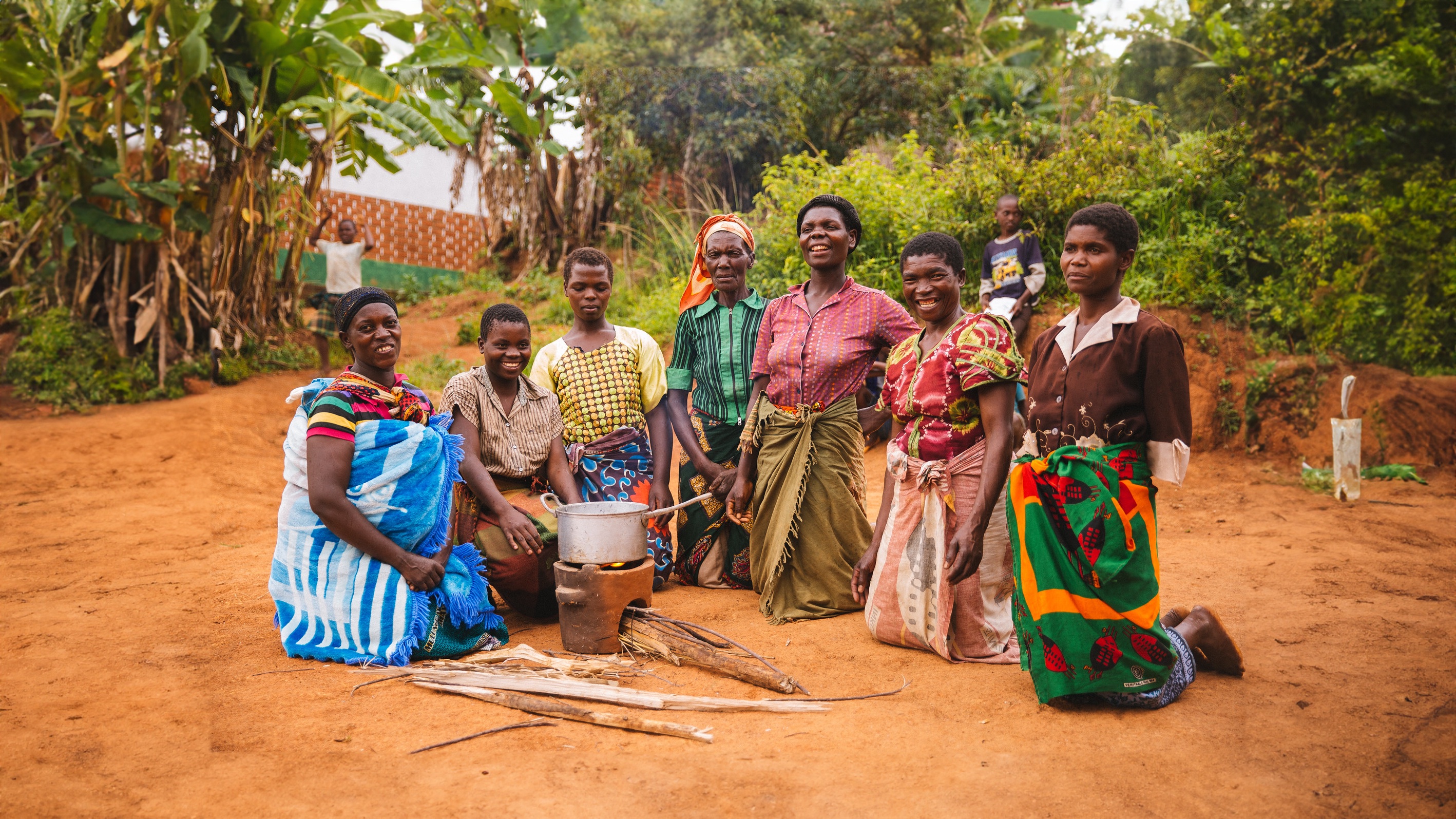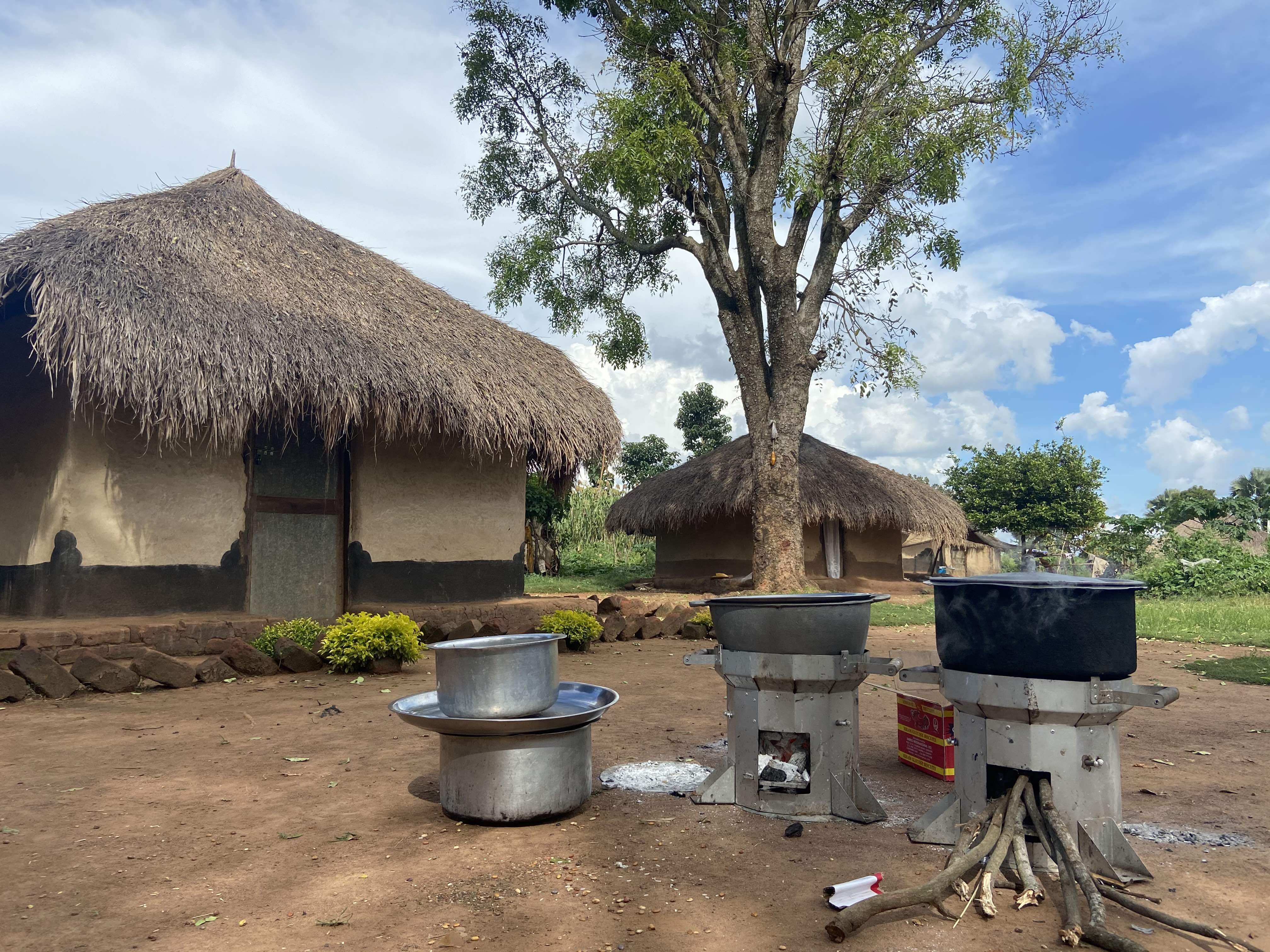Malawi High-Efficiency Cookstoves
Improved Cookstoves
Energy Efficiency
プロジェクト概要
More than 2 billion people cook their meals using three-stone fires that typically burn solid biomass fuels like wood and charcoal. They’re inefficient, dangerous, and present health risks to both the people that use them and the planet.
This project by C-Quest Capital distributes approximately 500,000 highly efficient TLC-CQC rocket stoves to households in Malawi, in an effort to displace the currently common open-fire cooking method. These clean cookstoves burn wood more efficiently than open fires, improving thermal transfer to pots, saving fuel, and lowering greenhouse gas emissions. They can also be readily deployed to the people who need them most—with lasting environmental, social, and economic benefits.
That's because rocket stoves significantly reduce greenhouse gas emissions over their lifetime, as well as the use of non-renewable biomass from forests—saving up to 3 tonnes per stove per year and protecting watersheds and biodiversity. The also require considerably less time for firewood collecting, reducing the work burden on rural families and presenting alternative opportunities for economic development. Moreover, they release fewer indoor pollutants, including carbon dioxide, carbon monoxide, and particulate matter, as well as reduce burn injuries.
Finally, the project improves local economic opportunity via stove distribution, assembly, maintenance, and monitoring. Household expenditures on cooking fuel are reduced, and decreased labor can be diverted to more productive economic activities. The project will create local employment opportunities in operational and management roles, as well as future assembly and/or manufacturing initiatives. Importantly, the project supports gender equality by reducing household labor for women and girls.




